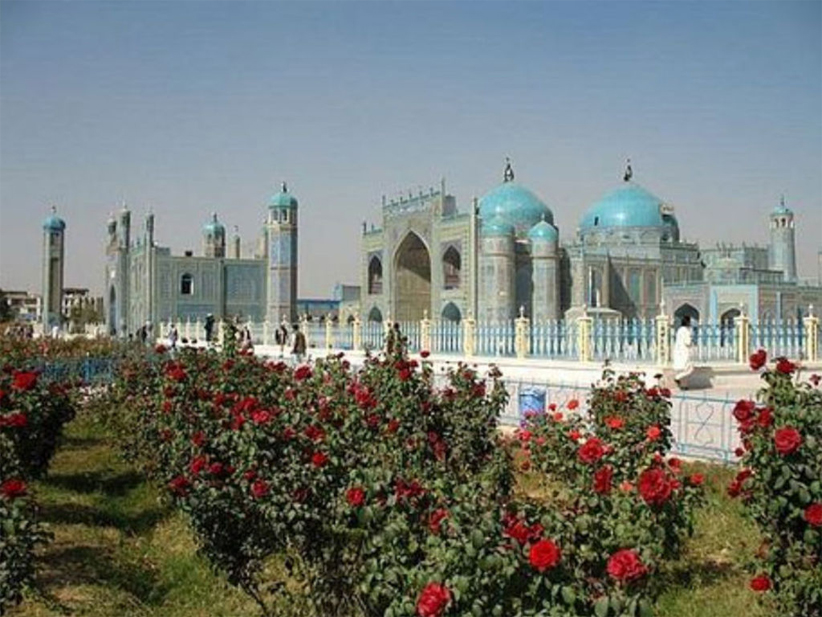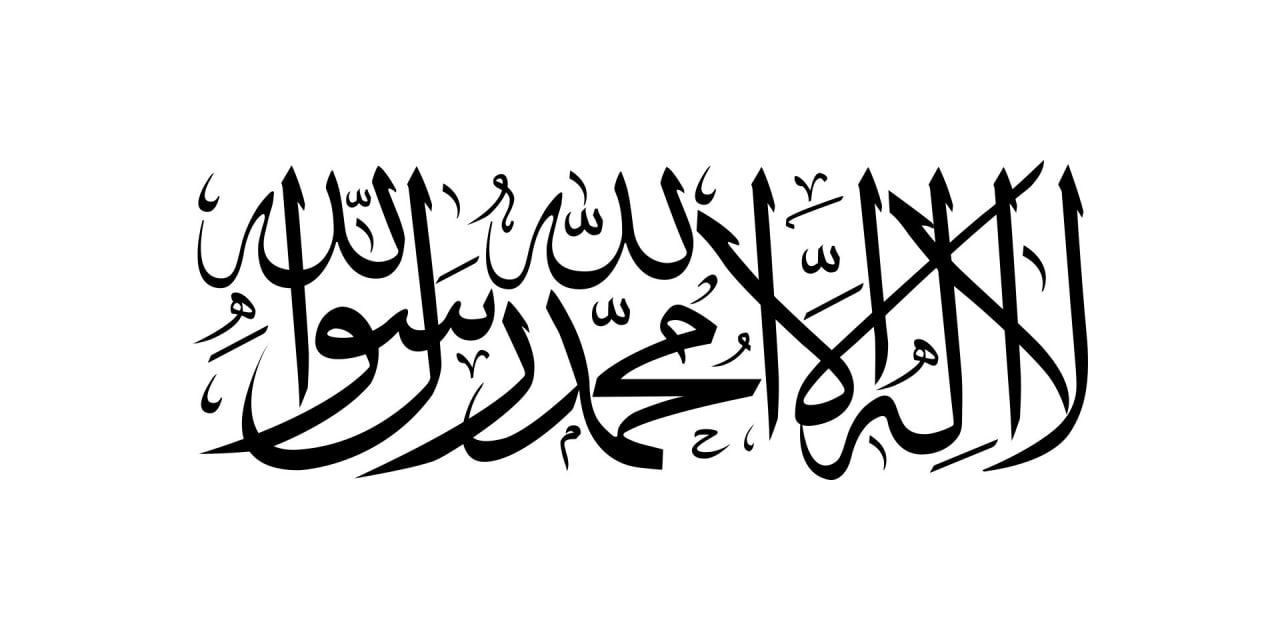|
|
HISTORY OF THE POLITICS OF GEOGRAPHY
GEOGRAPHY OF FOREIGN TRADE
|
- Abbas I the Great - Shah of the Persian Safavid State [AD 1587–1629]
- Abbas II - Shah of the Persian Safavid State [AD 1642–1667]
- Akbar I - padish of the Mughal Empire [AD 1556–1605], strengthened the power of the state by significantly expanding its borders
- Alexander III the Great (Alexander the Great) — king of Ancient Macedonia [336–330 BC], great emperor of the Empire of Alexander the Great [330–323 BC]
- Alp-tegin — founder and 1st emir of the Ghaznavid State [AD 963]
- Ardashir I — king of the Persian Sassanid Empire [AD 224–240]
- Artabanus III — king of the Parthian kingdom [AD 12–38]
- Arshak I — founder and 1st king of the Parthian kingdom [250–211 BC]
- As-Saffah — the first caliph of the Abbasid Caliphate [AD 750–754]
- Ahmad Shah Durrani — 1st Shah of the Durranian Empire [AD 1747–1772]
- Ashoka - Emperor of the Mauryan Empire [273–232 BC]. Subjugated a significant part of South Asia, known for the spread of Buddhism
- Babur — Timurid ruler of India and Afghanistan, commander, founder of the Mughal Empire, 1st padishah [AD 1526–1530]. Also known as a poet and writer
- Ghiyas ud-Din — Sultan of the Ghurid State [AD 1164–1202]
- Gondophares I — founder and 1st king of the Indo-Parthian kingdom [20–10 BC]
- Darius I - Persian king [522–486 BC], married the daughter of Cyrus II Atossa
- Demetrius I — king of the Greco-Bactrian kingdom [200–185 BC], founder of the Indo-Greek kingdom [180 BC]
- Diodotus I — king of the Greco-Bactrian kingdom [256–248 BC]
- Dost Mohammed - ruler of the Kabul and Ghazni principalities, 1st Emir of Afghanistan [AD 1826–1863]
- Izz ud-Din - Sultan of the Ghurid State [AD 1148–1159]
- Il-Arslan — ruler of the State of Khorezmshahs [AD 1156–1172]
- Ismail I - Shah of the Persian Safavid state [AD 1502–1524], founder of the Safavid dynasty, classic of Azerbaijani literature and poetry
- Ismail I — Emir of the Samanid State [AD 892–907]
- Cyaxares — king of Media [BC 625–585]
- Cyrus II the Great — king of the Persian Achaemenid Empire [550–530 BC]
- Kujula Kadphises — 1st ruler of the Kushan kingdom [AD 30–80]
- Maues — king of the Indo-Scythian kingdom [85–60 BC]
- Mahmud of Ghaznevi — Sultan of the Ghaznavid State [AD 998–1030]. During his reign, the state reached its greatest prosperity
- Muawiyah I — the first caliph of the Umayyad dynasty of the Arab Caliphate [AD 661–680]
- Muizuddin — ruler (malik) of the Kurt State [AD 1335–1370]
- Muhammad II — ruler of the State of Khorezmshahs [AD 1200–1220]
- Nadir Shah — Shah of the Persian State of Nadir Shah [AD 1736–1747]
- Orodes II — king of the Parthian kingdom [57–37 BC]. Under him, the kingdom reached its maximum borders, breaking through for a short period to the Mediterranean Sea
- Pantaleon — king of the Greco-Bactrian kingdom [185–175 BC]
- Seleucus I Nicator — commander of Alexander the Great, diadochus, king of the Seleucid State [312–281 BC]
- Tahir — 1st Emir of the Tahirid State [AD 821–822]
- Timur is the founder and emir of the Timurid Empire [AD 1370–1405]. Outstanding commander, conqueror of Central Asia. He was distinguished by unusual cruelty
- Togrul-bek — 1st sultan of the Seljuk State [AD 1038–1063]
- Ogedei — Great Khan of the Mongol Empire [AD 1229–1241]. Son of Genghis Khan
- Uthman ibn Affan — one of the companions of Muhammad and the third Caliph of the Arab Caliphate [AD 644–656]
- Hamid Karzai — President of Afghanistan [AD 2001–]
- Khosrow I — king of the Persian Sassanid Empire [AD 531–579]. The reign of Khosrow is often called the "golden era" in the history of Iran
- Hulagu — ilkhan of the Hulaguid State [AD 1256–1265]. Grandson of Genghis Khan, founder of the Hulaguid dynasty
- Chagatai — Khan of the Chagatai ulus [AD 1225–1242], son of Genghis Khan
- Chandragupta Maurya - Emperor of the Mauryan Empire [322–298 BC]. The first unifier of India in history, who founded the Mauryan Empire
- Genghis Khan — founder and first great khan of the Mongol Empire [AD 1206–1227]
- Shapur II — king of the Persian Sassanid Empire [AD 309–379]
- Shah Jahan — padish of the Mughal Empire [AD 1627–1658], famous for building the Taj Mahal
- Shah-Shuja — ruler of the Muzaffarid State [AD 1335–1384]
- Sheibani Khan — founder of the Sheibanid dynasty and Khan of the Khanate of Bukhara [AD 1500–1510]
- Yaqub ibn Leys as-Saffar — founder of the dynasty 1st Emir of the Saffarid State [AD 873–878]
- Yahya ibn Asad — 1st Emir of the Samanid State [AD 819–855]

|


